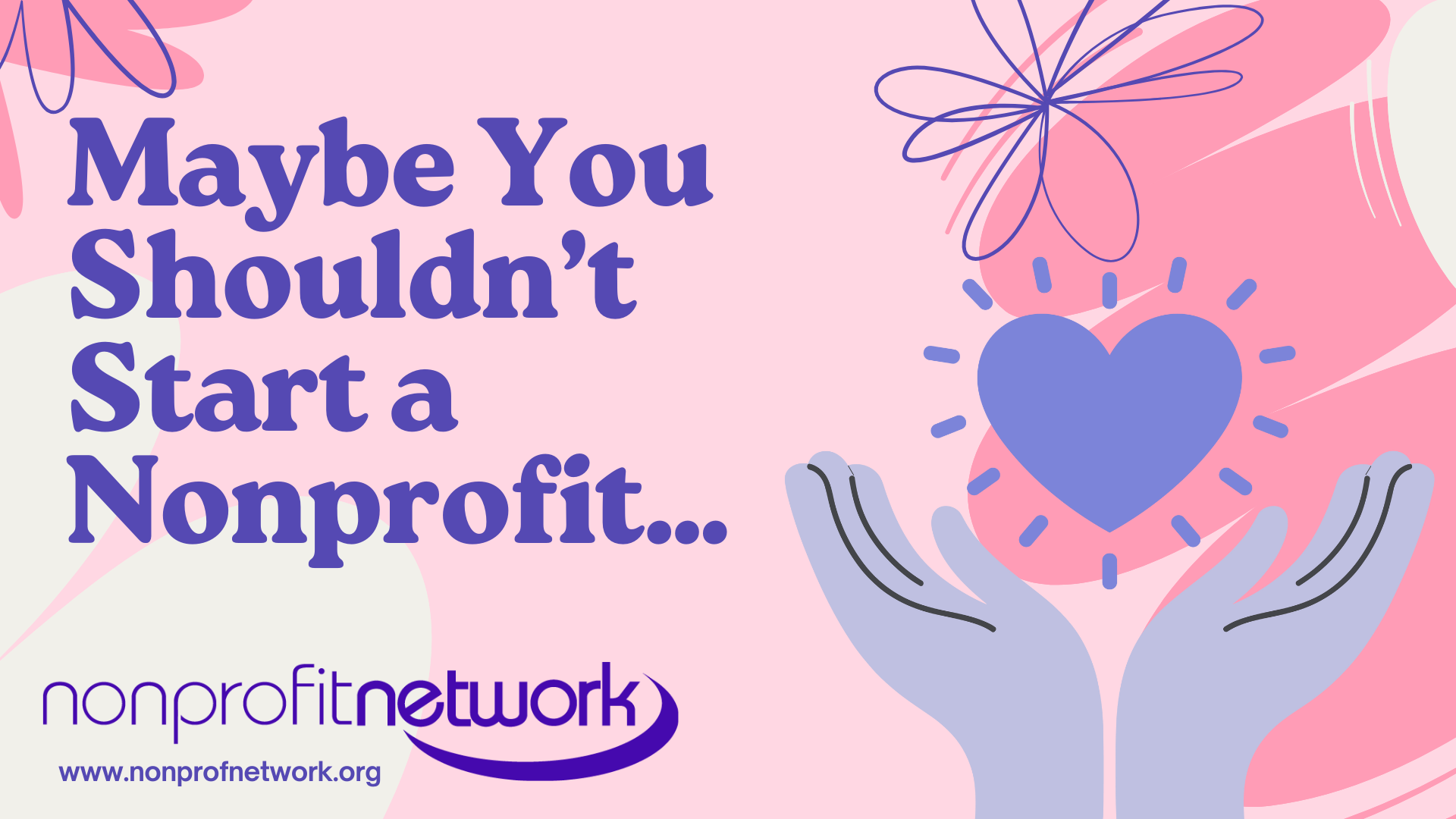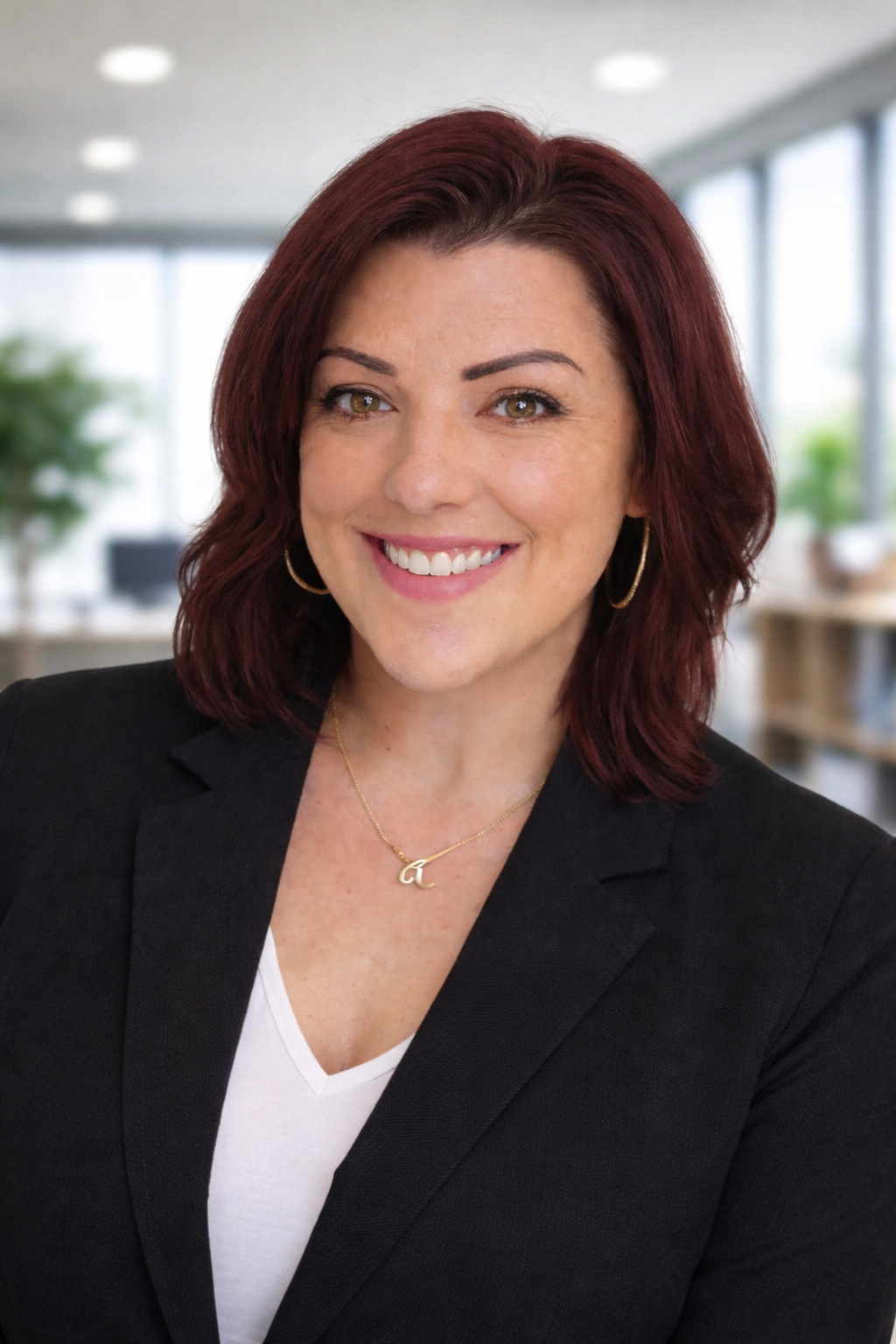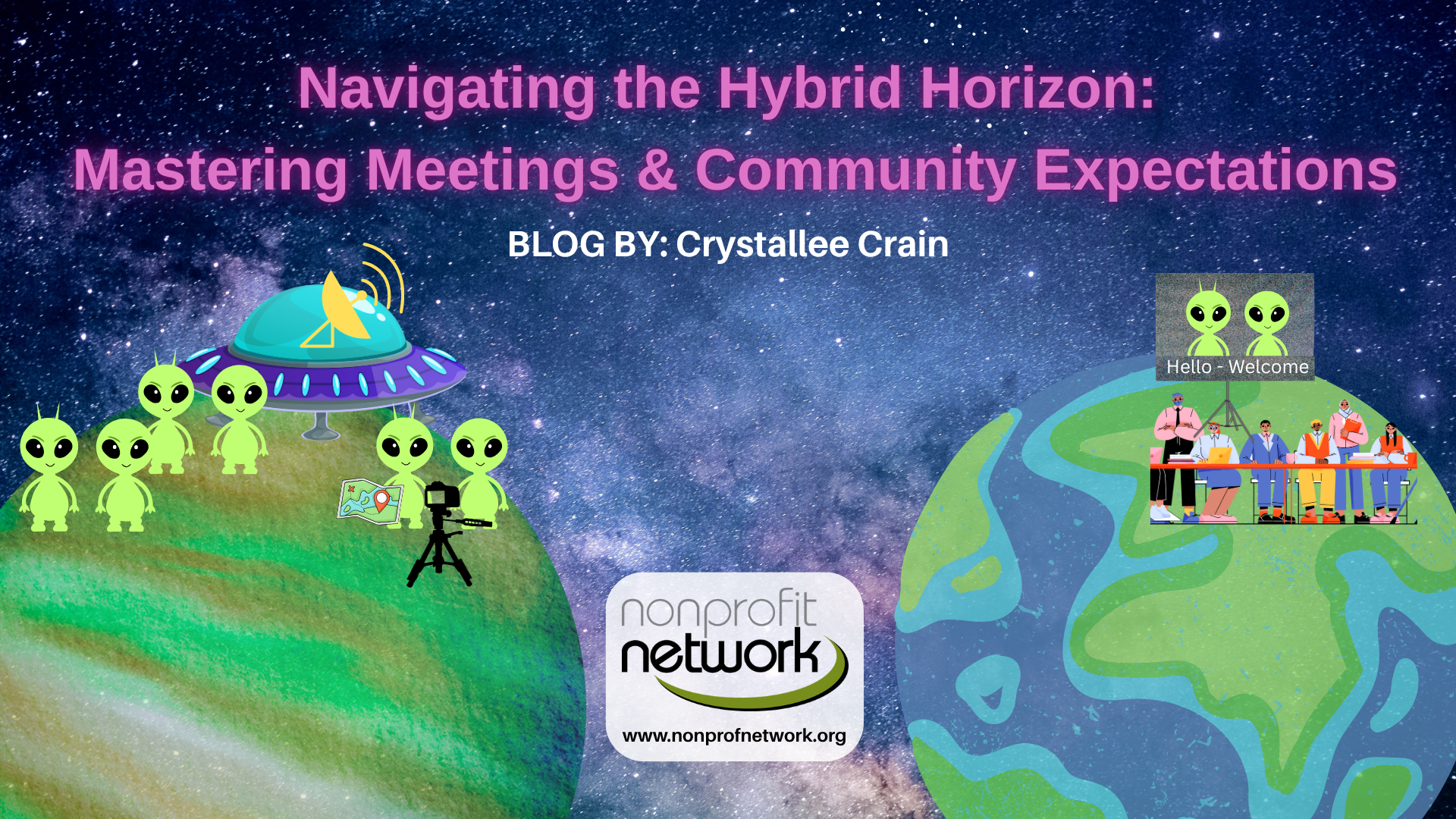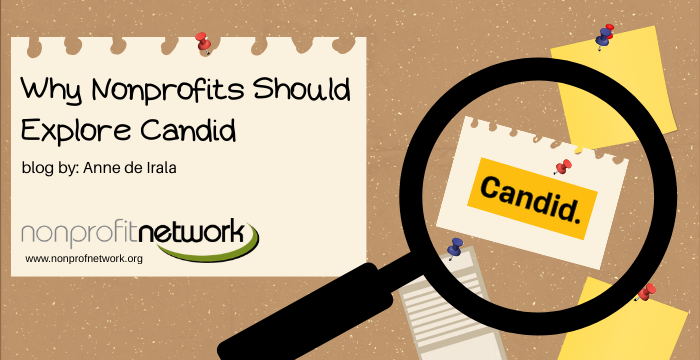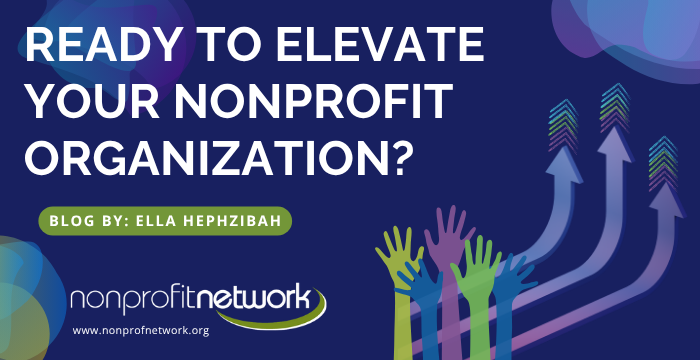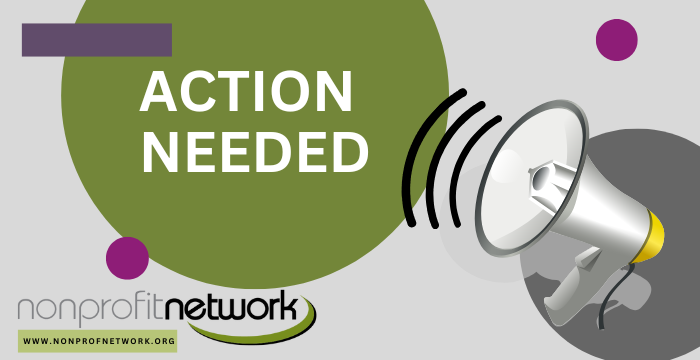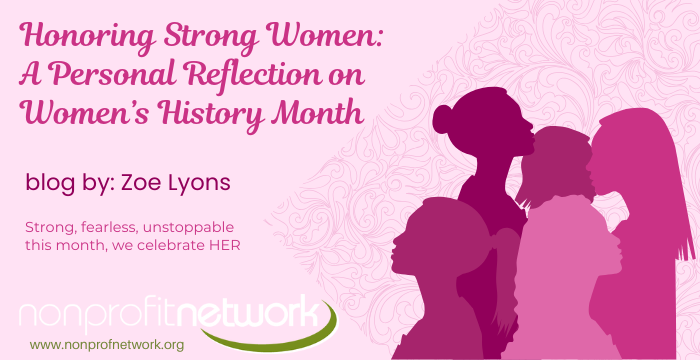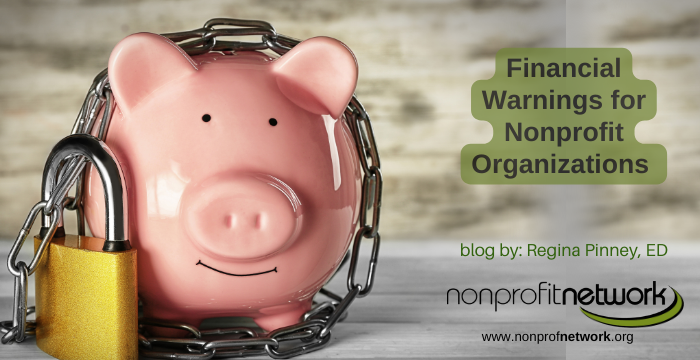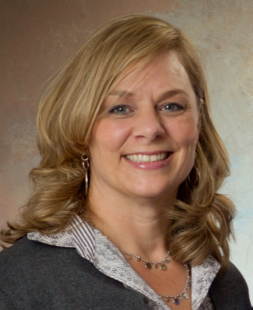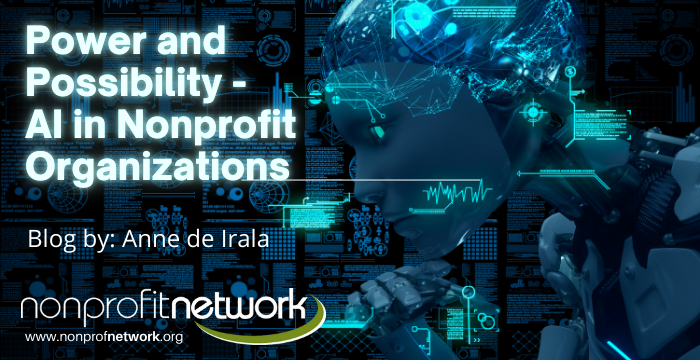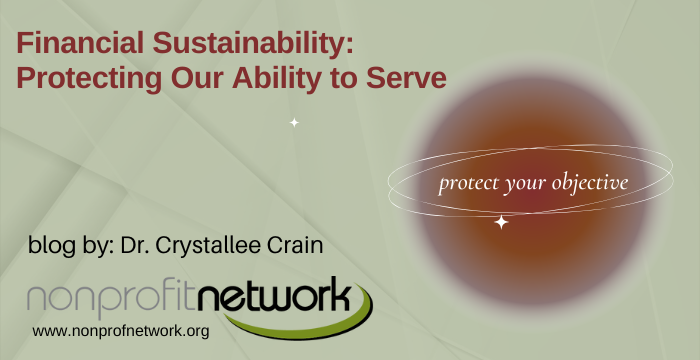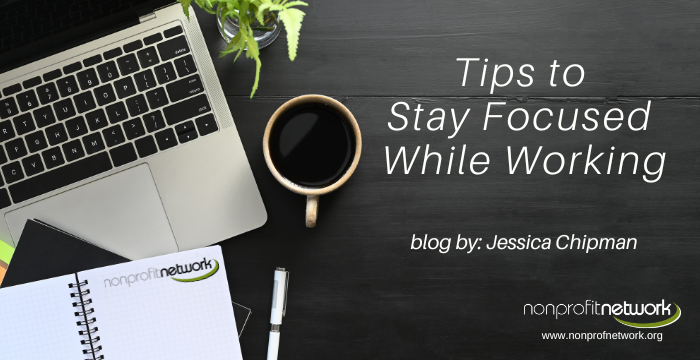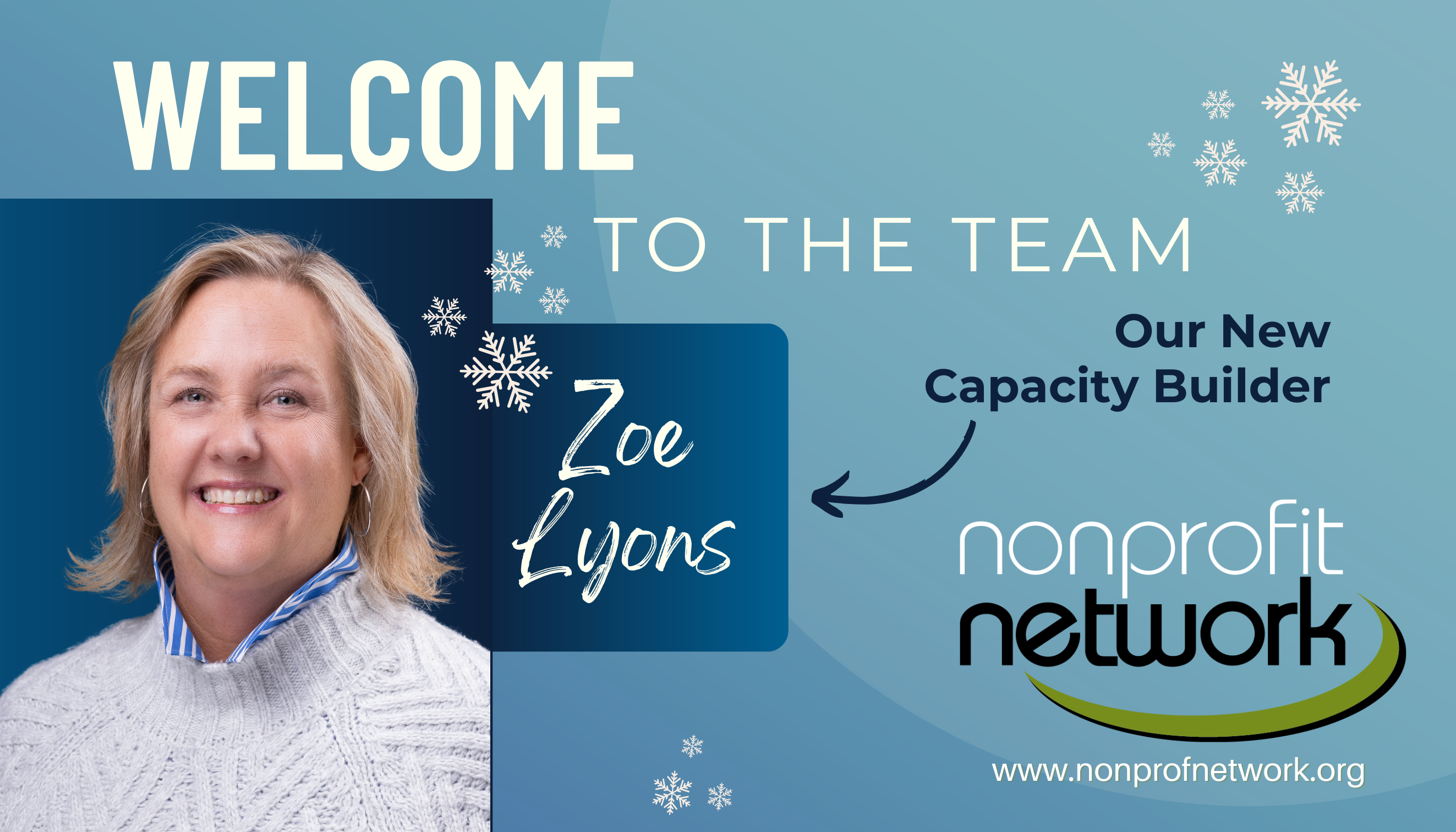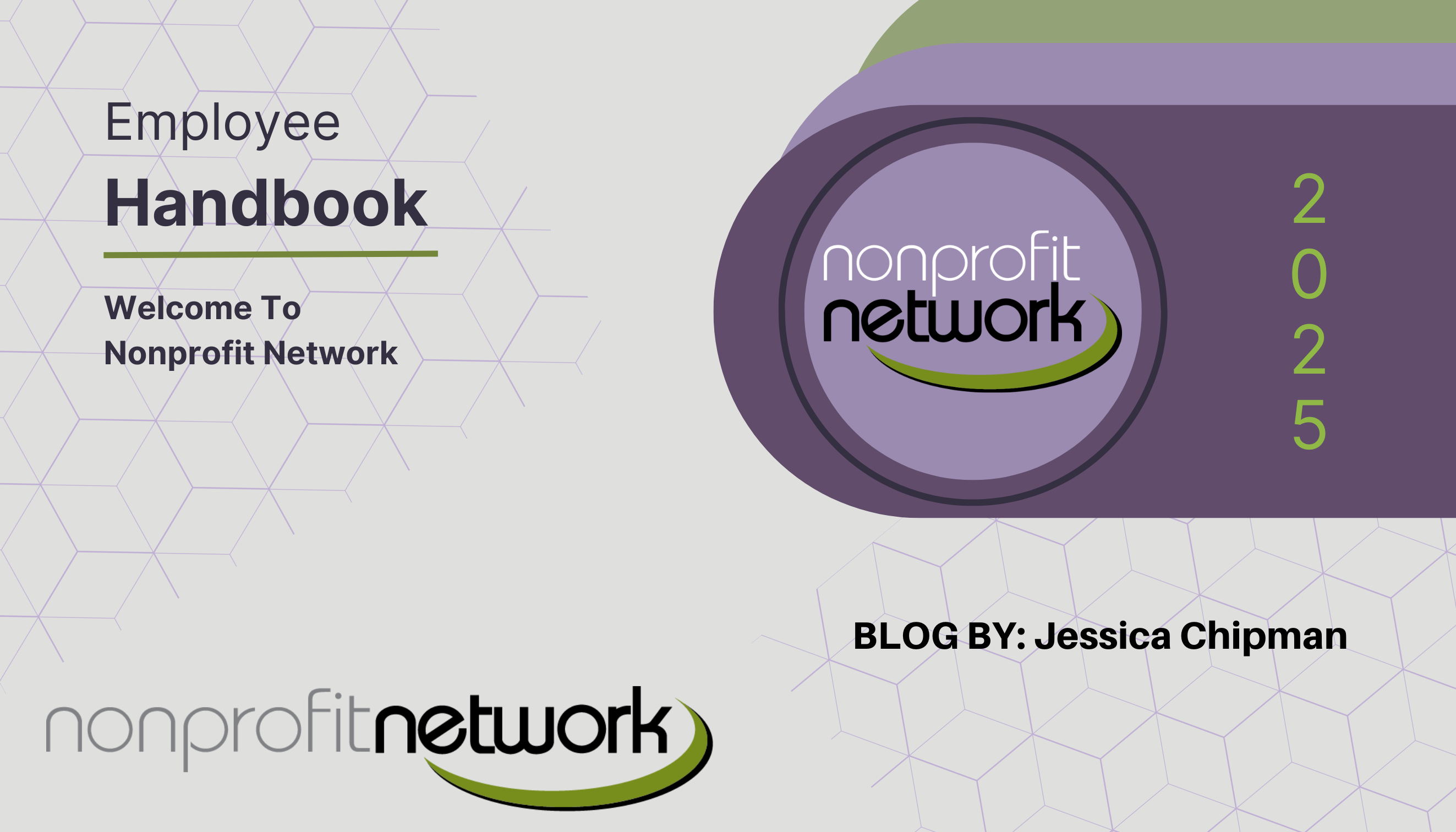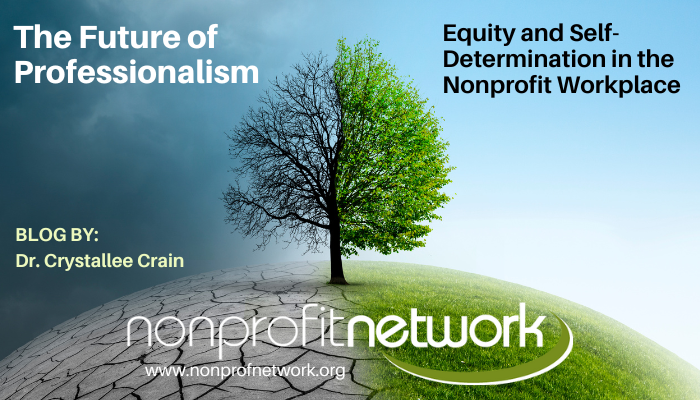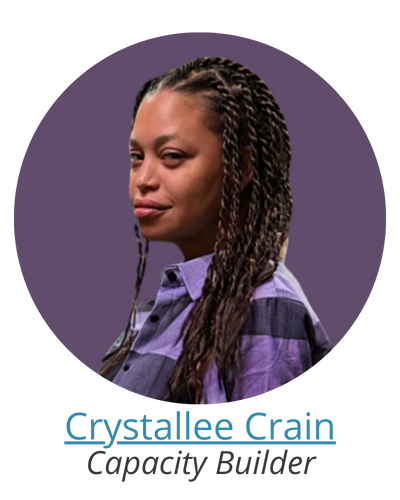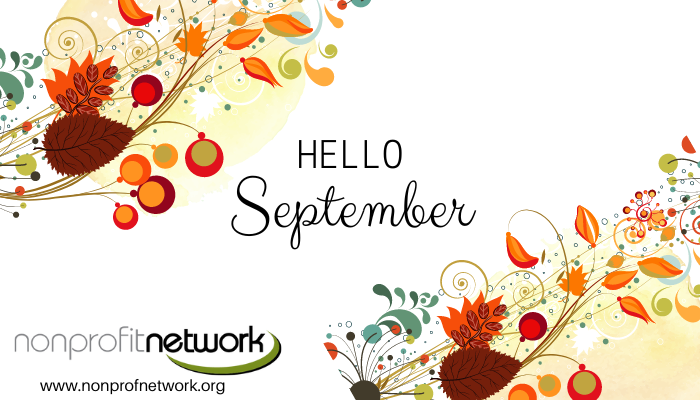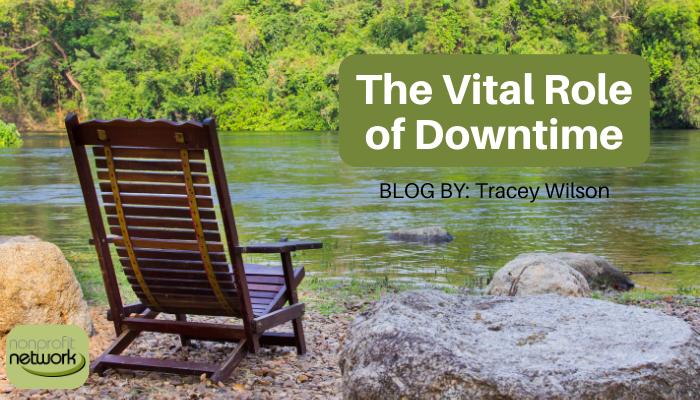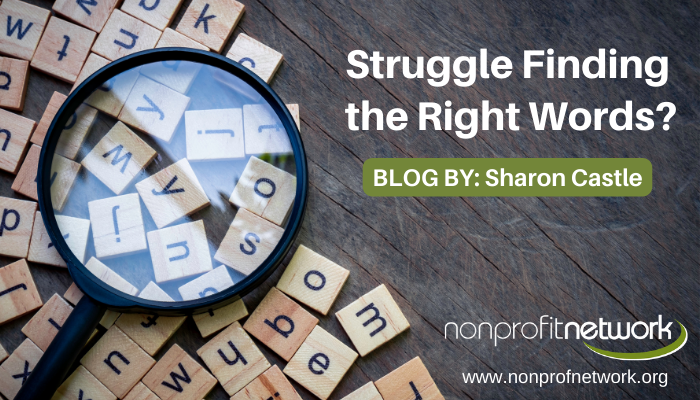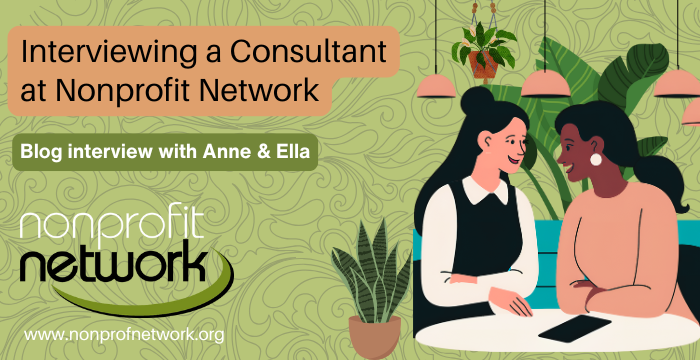
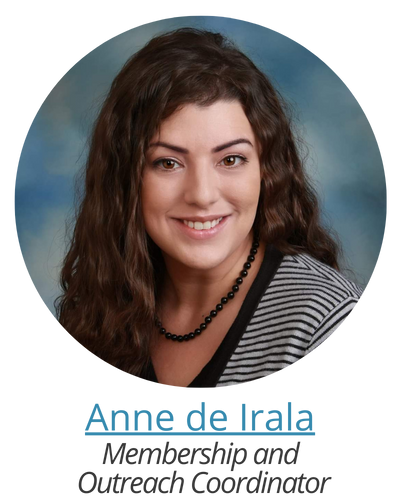

Building Stronger Nonprofits: A Conversation with Anne & Ella
In this special blog interview, we bring together two of our incredible team members: Anne, our Membership and Outreach Coordinator, and Ella, our Capacity Building Consultant. Anne plays a key role in connecting nonprofits with valuable resources, fostering relationships, and ensuring our members feel supported every step of the way. Meanwhile, Ella works closely with organizations to strengthen their capacity, offering expert guidance on governance, leadership development, and sustainability. Let's dive in!
Anne: Capacity Building Consultant" is a big title! How do you explain to people what you 'do'?
Ella: Great question! In simple terms, I help nonprofits become stronger, more effective, and better equipped to fulfill their missions. More specifically, I work with organizations to build the skills, structures, and strategies they need to grow and sustain their impact. That might mean training staff and leaders, improving fundraising strategies, strengthening operations, or helping a team align around a shared vision. Every nonprofit has unique challenges, and my role is to provide the guidance, tools, and support that empower them to thrive in the long run. Think of me as a partner in making good work even better!
Anne: What kinds of organizations have you had the opportunity to support during your time at Nonprofit Network?
